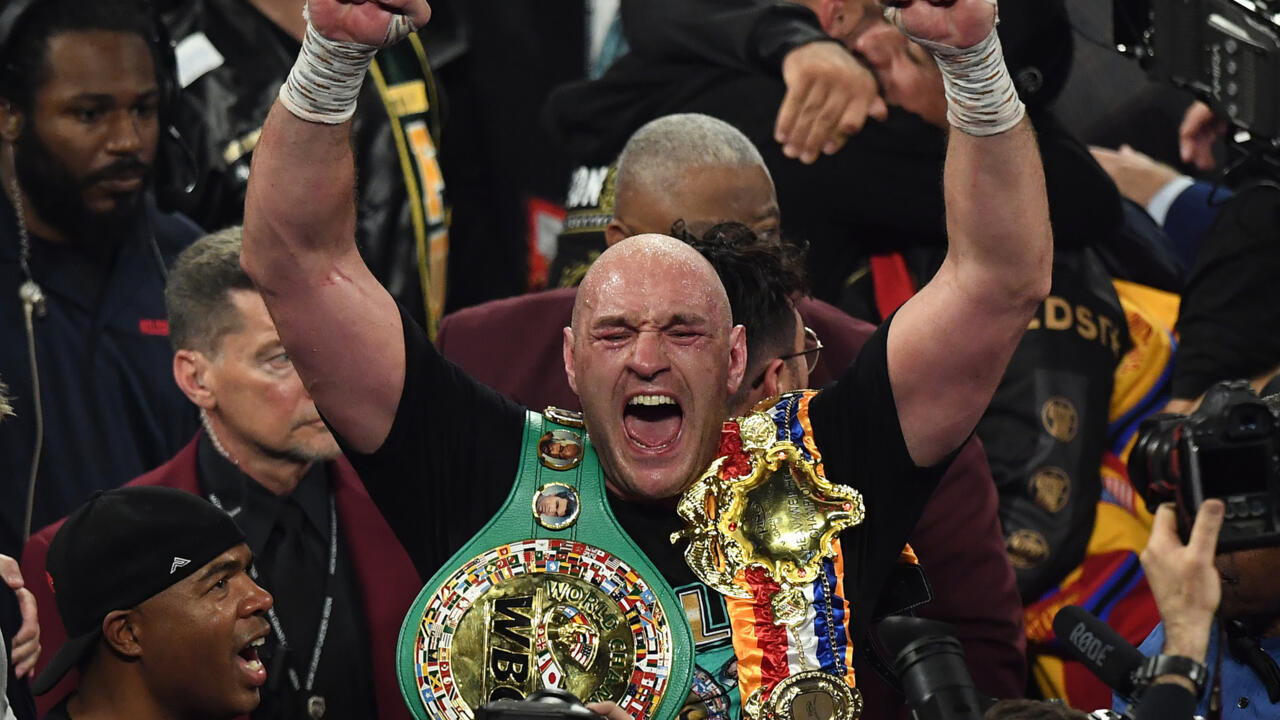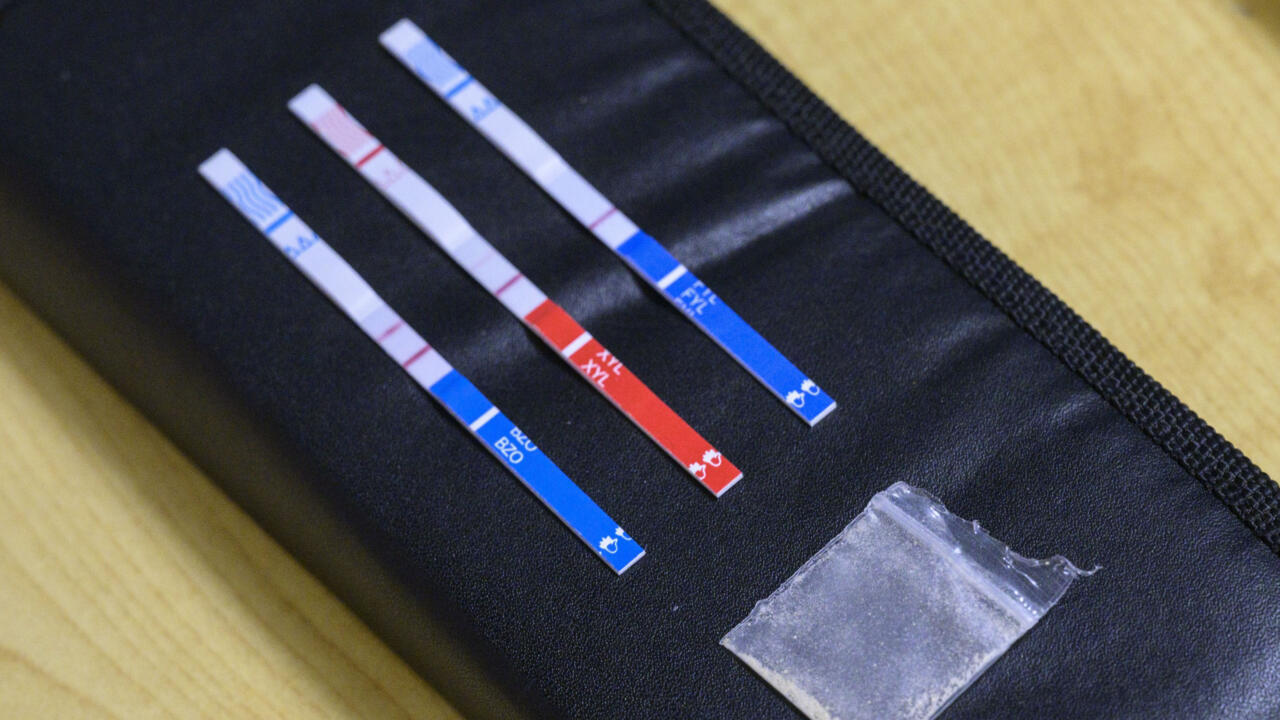He ended up spending two-and-a-half years outside the ring, during which he battled depression, drink and drug problems, ballooning to more than 28 stones (178 kilograms).
Fury tested positive for banned steroid nandrolone in February 2015 but blamed the result on eating uncastrated wild boar.
He was cleared to fight again in December 2017 by UK Anti-Doping after accepting a backdated two-year ban.
“I woke up every day wishing I would not wake up any more,” he told the BBC in 2018 as he prepared to return to action.
“But I am living proof anyone can come back from the brink.”
Fury, a colourful character known as much for his behaviour outside the ring as inside it, famously dressed as Batman for a pre-fight press conference ahead of his fight with Klitschko.
But he has drawn criticism for controversial comments on a range of issues including homosexuality and the role of women.
Fury became a two-time champion by beating Deontay Wilder to claim the WBC belt in 2020 in the second of a trilogy of fights against the American.
He announced he was quitting boxing — again — after beating Britain’s Dillian Whyte in April 2022 but changed his mind and returned to action later that year.
He overcame a big scare against converted MMA fighter Francis Ngannou in 2023 before being handed his chances against Usyk in two unification fights, coming up short on both occasions.
“Probably been the best British heavyweight of his generation by far,” said Warren.
“Two-time world champion, two closely fought fights against Usyk. He’s got plenty of money, got his wits about him, got a lovely family. God bless him, enjoy.”
But do not hold your breath.
© 2025 AFP






